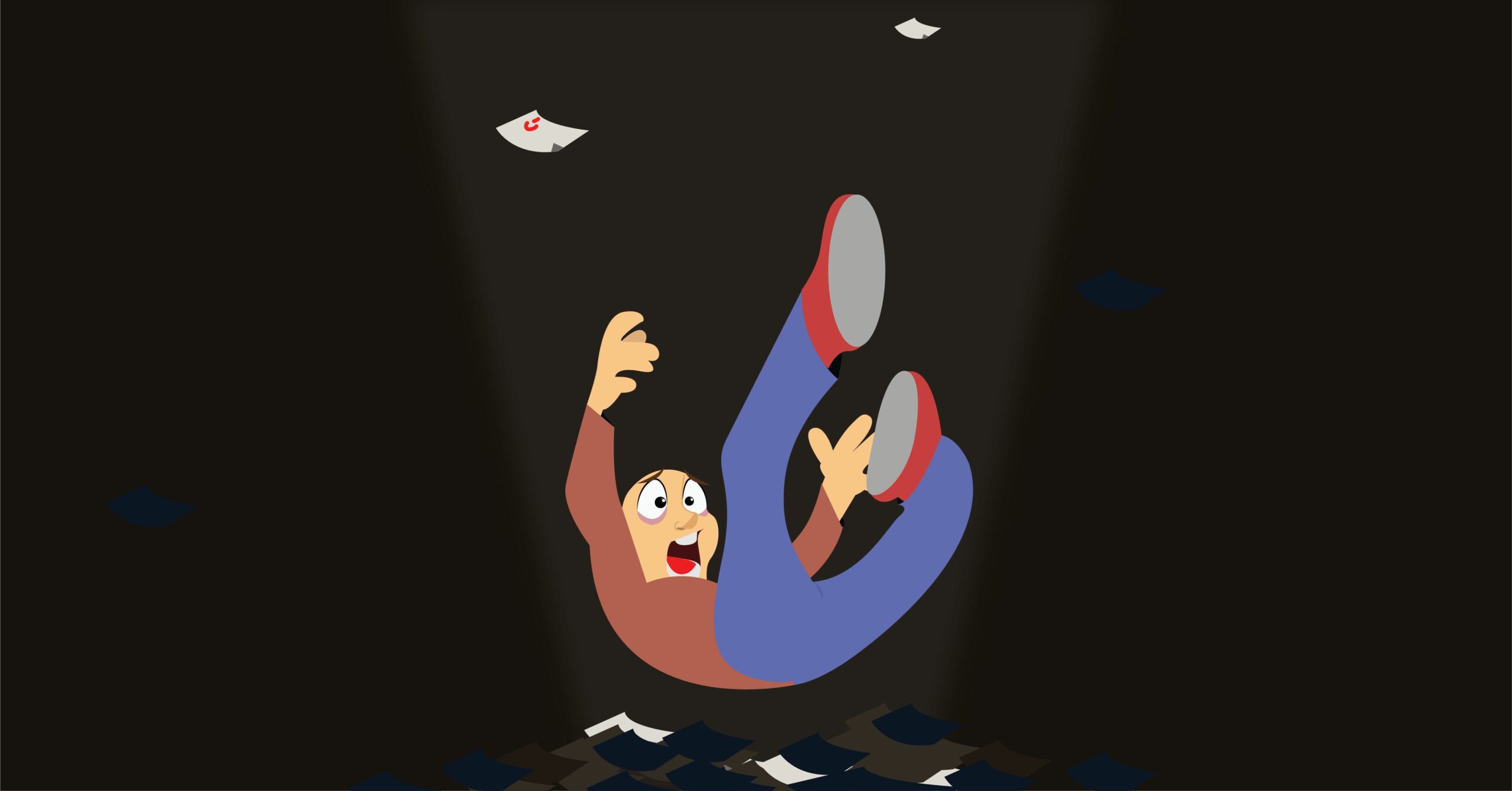Recovering from remote learning
It’s time we talk about Covid-19’s lasting impact on our education.
Students are back! But so is Covid-19.
Technically, neither truly left—and to be entirely frank, the virus never really left us. Perhaps medically, but certainly not academically.
The transition to online learning in 2020 was abrupt. In hindsight, it seemed dystopian. Staring at our screens for an average of eight hours a day on demand had repercussions that we often dismiss when criticizing the “failing” study habits of the younger generation.
For one, the pandemic was an attention stealer. Extended exposure to the internet, the ongoing stream of information, and the constant blur between work and personal time created an environment of incessant distraction. Skimming articles, hastily rushing through our social media feeds, and the inability to sit through an entire movie became our norm.
The consistent need to attune with the news and understand the shifts in our future has imposed a tension on youth, with researchers concluding that the resulting stress and anxiety has only delayed brain cognition and the ability to concentrate. So, we dwell in limbo, stuck between the desire to succeed and a state of constant burnout.
This limbo has created a dent in the aspirations of the youth. The inevitable dark future that the media taunts post-pandemic has not only diminished the drive for success amongst the upcoming generation but corrupted the standard of performance to achieve excellence. This is only amplified in the experience of low-income households and minority groups that are continuously, and actively, disregarded and misguided by our institutes.
Furthermore, the years of online learning deconditioned students from traditional schooling environments. A mere look at our current lecture halls—with students lacking physical notebooks and the replacement of our electronic devices—is proof. But our institutes tend to overlook such changes. Instead, they meaninglessly chant to us “new year, new you,’” while simultaneously catering to us with their “old methods, old ways.”
It is almost insulting when assessing the basic schooling model, only to notice that its bureaucratic and industrialized ways are far too similar to a century ago. While other institutes have praised themselves on their development, our schooling model serves us educational stagnation and fingers of blame for their lack of progress.
The recovery from the routine remote learning style is slow, but eventual. What students need should extend beyond empty words and promises from our education system. Instead, we need resources that adapt to our learning abilities and our new study capabilities. We need a dissolution of the shame culture imposed on those who challenge older academic systems. And most importantly, we need understanding.
We may be the future, but the solutions to the consequences of the pandemic should not rest solely on the shoulders of the youth. It is our collective responsibility to eradicate Covid-19 from our learning system.
Bring students back, not Covid-19.
Associate Opinion Editor (Volume 50) — Yasmine is a third-year student, majoring in History and Anthropology. Her writing is best described as sometimes sarcastic, sometimes radical, and always an excuse to bring up her heritage (and colonialism). She hopes her work with The Medium will inspire conversations, debates, and a path to abandon our deeply rooted stubbornness. In her spare time, Yasmine enjoys reading, knitting, arguing with uncles on politics, and fangirling.


